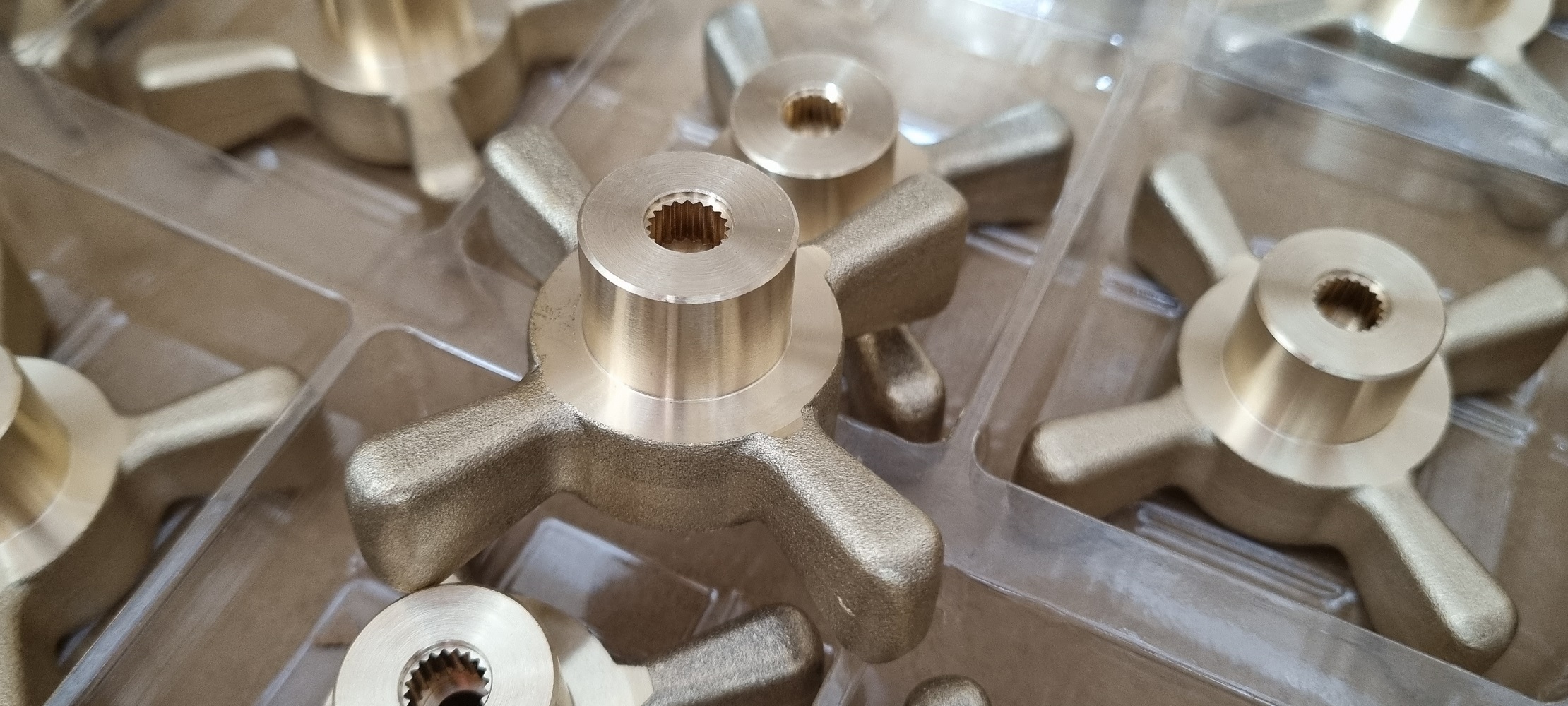Increasing industrial demand for metals have triggered a price inflation that, unfortunately, shows no signs of halting anytime soon. This is most apparent in the growth in sales of copper and brass; with the increased demand causing production mills to increase prices to cope with the pressure within the supply chain.
A little bit of history…
The use of copper and the appreciation of its benefits has existed for thousands of years. The popularity increased when scientists discovered that copper is a good conductor of electricity (better so than all other known metals other than silver) so in recent history copper is commonly used in circuitry and electronics.
It was the Ancient Romans who first discovered brass, by mixing copper with zinc. Over time, brass has commonly become an essential alloy, with it being used to make keys and locks, handles, plumbing pipes & fittings and other household essential items.

Why is it in such high demand?
Global market trends suggest the growth in demand of brass will continue to rise as far as 2030. Copper and brass are commonly used in industrial manufacturing, consumer electronics and jewellery making, all of which are still prominent sectors in the market.
With the increasing advancements in technology, and the use of copper and brass in the circuitry, microchips, motherboards etc. copper use shows no immediate signs of slowing down.
Also, there is more focus in recent years on sustainability, so the fact that copper and brass can be recycled is making it a more popular choice for manufacturers.
What does it mean for our customers?
Scheduled customers:
If we have stock holding agreements in place, we would have sufficient stock to be able to supply immediate requirements without having to adjust your price. We may also already have hedged material for your forecasted requirements; again, if this is the case, we can continue to hold prices whilst using the material already procured.
Similar to how oil prices impact the fuel prices at the pumps; the increased in the price of crude oil isn’t always immediately passed on at the pumps if there is already sufficient levels in stock form previous supply.
However, if we have to go to the material mills for new batches of material, we may need to re-quote a revised price for your next requirements.
New Orders:
All new orders received go through a contract review process where we check the prices are correct. If we find that the material content has increased considerably at this point; we will be in touch to discuss what impact this will have on your price, and what the available options are.
New enquiries:
All new enquiries for parts will be quoted at current brass prices; unless our material suppliers have existing stocks of the material at the old price they can use up.
We will be sure to make it clear on our quotations if the quotation is based on existing material stock remaining unsold so you can place order commitment in due course.
Some of the brass parts we supply…

Chrome Handle

Brass Tap Handle

Chrome Bathroom Coupler

Shower Fitting


